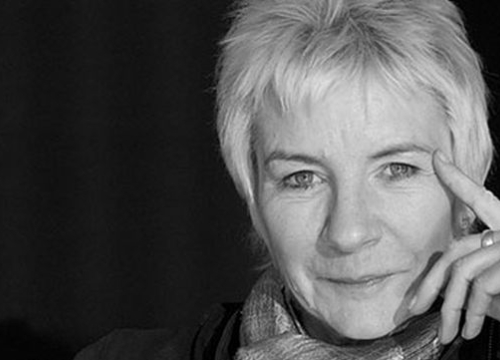Opening Lecture of the Spring Semester
Event


WILPF
Causes and Consequences: Conflict as Re-affirmations of Social and Economic Constructs and Gendered Descents into Violent Conflict
In this Opening Lecture of the Spring Semester, Madeleine Rees, Secretary-General of the Women’s International League for Peace and Freedom (WILPF), will explore the innumerable fault lines which can lead to violent conflict, how they intersect, deepen and how some will become the main conflict drivers with consequences for outcomes.
In her lecture, Madeleine Rees will draw on the work of the Women’s International League for Peace and Freedom (WILPF) and its 108 years of opposing militarism and economic systems of oppression. She will share her extensive experience from many years of personal engagement in international law and its practical application in courts and in the multilateral system to ground outcomes. She will argue that the current binary narratives have left us unable to imagine other possibilities and that exploring the application of gender analysis is core to our understanding of how to bring fundamental change to our political economies, how we use the law to bring those changes – and who, when it comes to it, is accountable.
About Madeleine Rees
Madeleine Rees is a British lawyer and Secretary-General of the Women’s International League for Peace and Freedom (WILPF), a role she has held since 2010. For most of her adult life, Rees has worked nationally and internationally to advance human rights, eliminate discrimination, and remove obstacles to justice.
In addition to her work specialising in discrimination law with a major firm in the United Kingdom, she has also held various roles with the Office of the High Commissioner for Human Rights (OHCHR) – including as Head of the OHCHR in Bosnia and Herzegovina, where she helped expose human rights abuses and the involvement of UN peacekeepers in sex trafficking. As Secretary-General of WILPF, Rees is leading the organization’s efforts to work through national and international legal frameworks to advance a future of human security and justice for all.
Passionate about connecting women across borders to share experiences and organize for action, she is committed to building a truly global movement for feminist peace. In 2014, Rees was awarded the OBE for her services to human rights, particularly women’s rights and international peace and security.
Reception
A reception will follow the Opening Lecture









